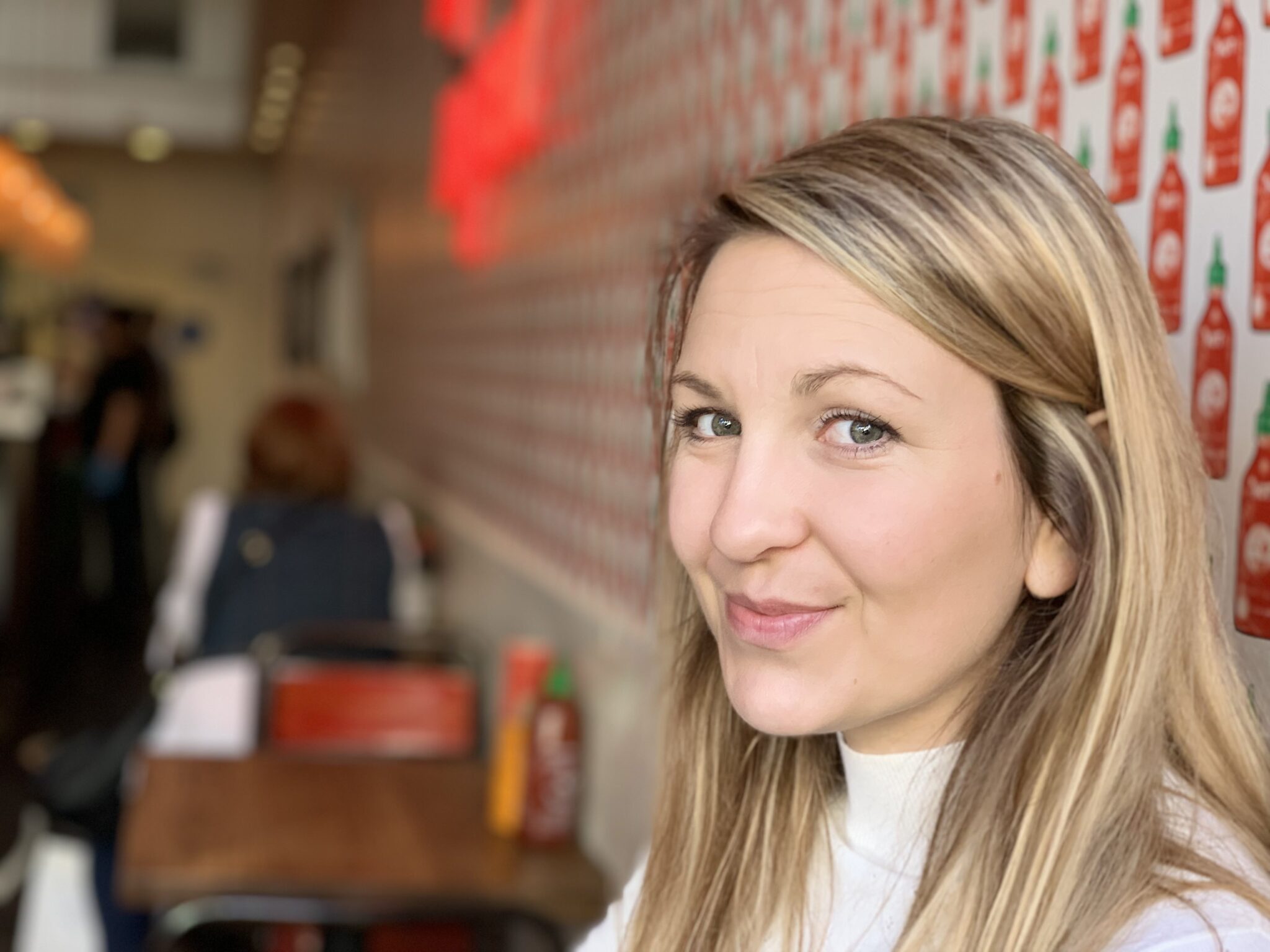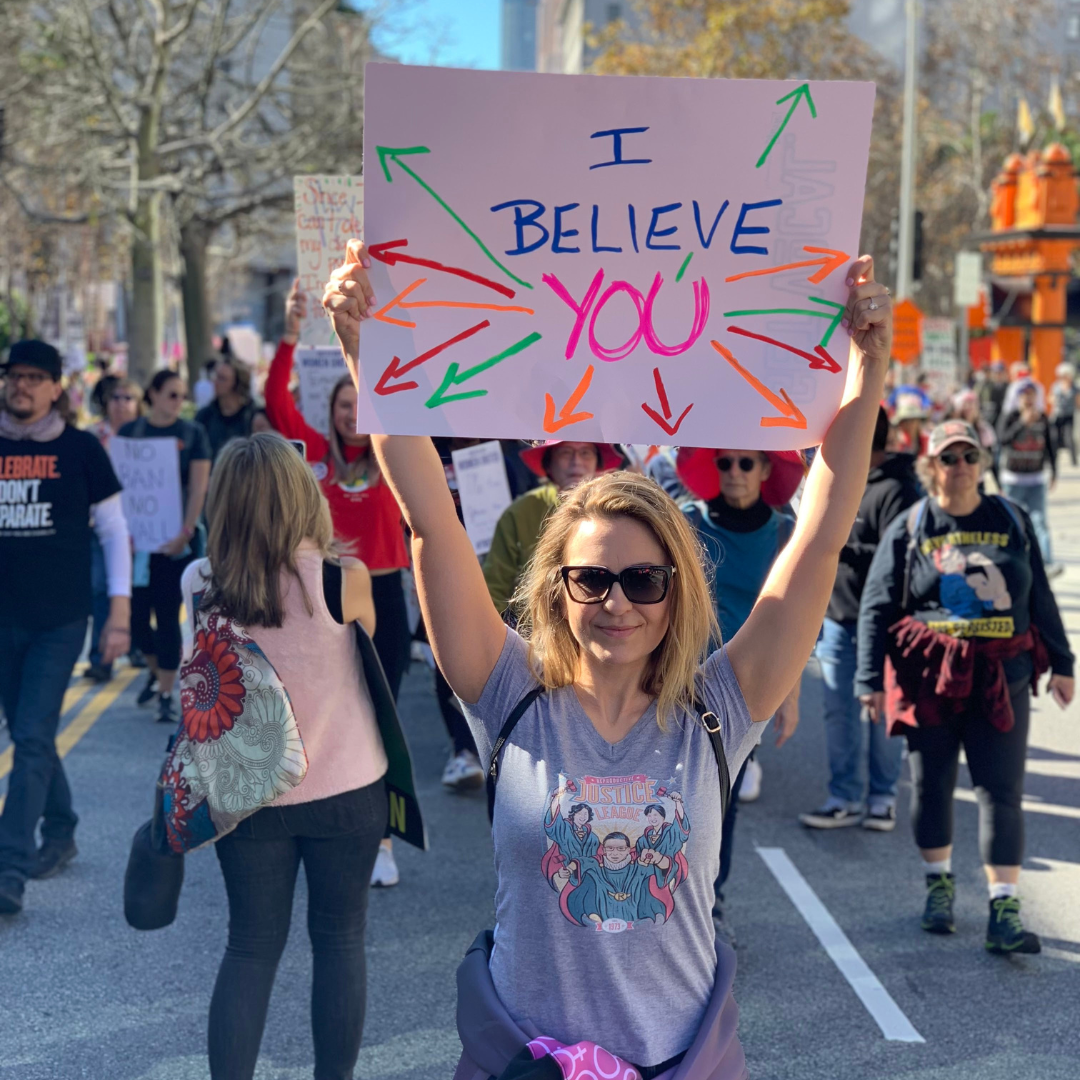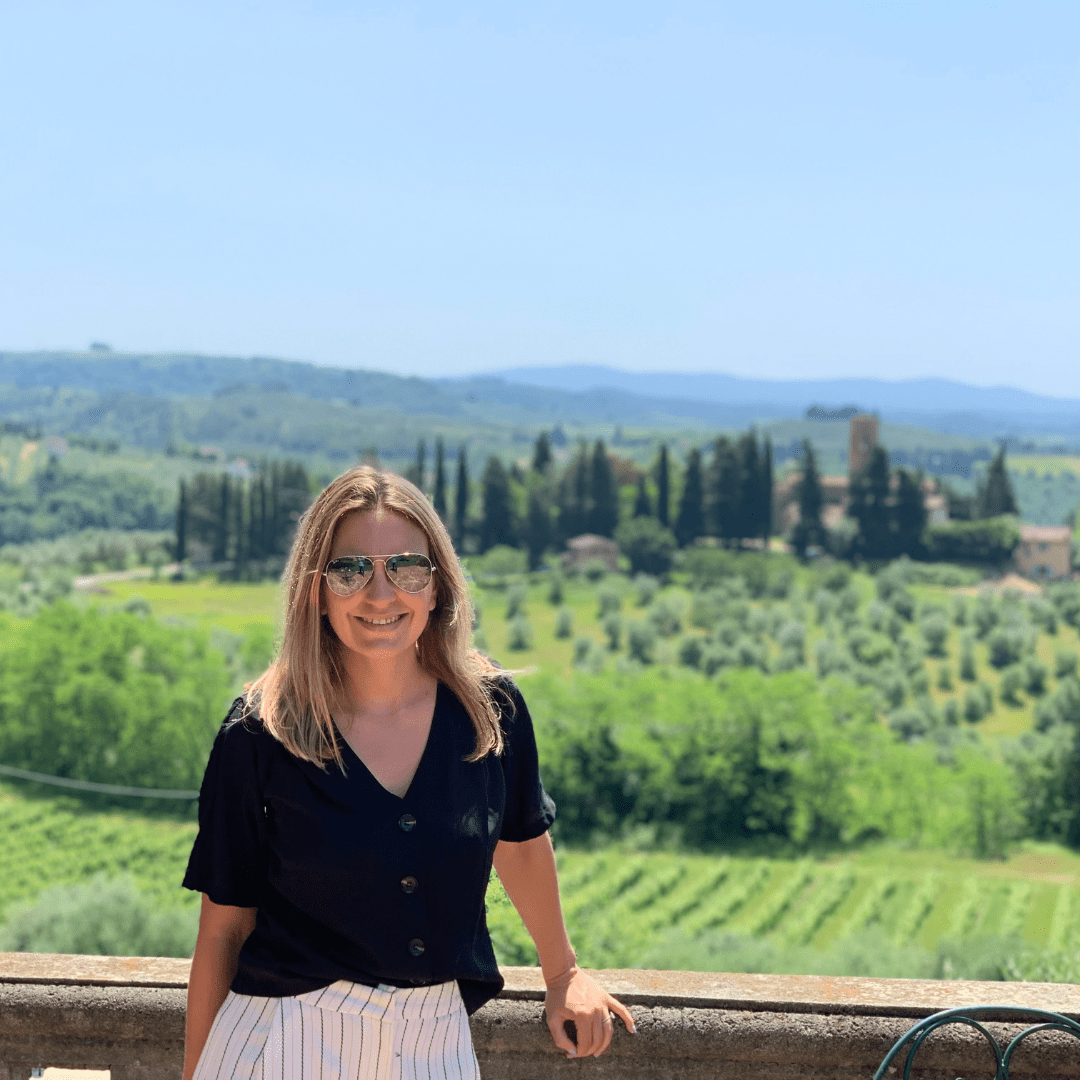
Dinah Stephens is the Age Friendly Program Manager in the Seattle Human Services Department’s Aging and Disability Services (ADS) division. She has worked at Seattle Human Services for two years.
What is your role at Seattle Human Services?
I have the lucky job of managing Age Friendly Seattle. This citywide initiative is tasked with making Seattle “a great place to grow up and grow old.” It’s a broad mission, but an important and timely one: did you know that in 2034, the number of older people is expected to outnumber children for the first time in our country’s history? In the Puget Sound region, the percentage of older adults is anticipated to grow to 18% of the total population by 2030, which is roughly double what it has been for the past several decades. I’m glad Seattle is thinking proactively about how to address the health, economic, and social needs of an aging population. We all deserve to live in an environment where we can age with dignity and joy.
What made you want to work in human services?
I have spent my entire career working in the service of humans, including over a decade in reproductive health care advocacy and several years of consulting with non-profit organizations working to make political, legislative, and cultural change. I became interested in aging issues through a gender equity lens, as I learned more about how systemic injustices compound over a lifetime. I sought out my current role in HSD for two reasons: I wanted to contribute to efforts supporting older adults, and I wanted to gain knowledge about how local governments work
How has your job changed in recent years?
In the two years I’ve spent at HSD, I’ve felt a shift in momentum when it comes to addressing the needs of older adults. For example, there seems to be more media coverage about the country’s changing demographics and the potential impact of this. Conversations about the effects of social isolation on older adults are happening at local and national levels, and an increasing number of cities are applying for and receiving their “age-friendly” designations from AARP. I often receive inquiries from people around the country who are hoping to learn from Seattle’s experiences, and I’m proud to work for a city that has made an early commitment to supporting our community in this way.
What do you love about your job?
I love the opportunity to make impact at the individual and the systems levels. My team and I get to connect directly with older adults at the monthly community events we host, and it’s gratifying to share useful information and help people get connected to resources. We also manage a discount directory that provides a range of discounts for older adults and people with disabilities, and I loved learning last year through a survey that 87% of users felt the program improved their social connectivity. At the same time, we get to dream big at a systems level— for example, what would it look like if the City used its levers to encourage more accessibly-designed homes? And how might we get there? These are some of the questions I find really exciting, with potential for long-term and far-reaching impact. These different aspects of the job complement each other well; I believe our connection with community members grounds us in the lived experiences of older adults, and this helps us be better advocates for wider change.
How do you contribute to HSD’s overarching goals related to racial equity?
Women, people of color, LGBTQ+ folks, immigrants and refugees, and other people who experience institutionalized barriers to equality often face disproportionate challenges in their later years. I’m proud of the way my team has kept this reality front and center in our programming, whether that’s providing increased language-access, taking our events into different neighborhoods, or prioritizing outreach equitably across communities. I’m grateful to work with a team of people who embrace the opportunity to advance racial and social equity alongside age-friendliness.
What motivates you or keeps you going?
The potential for change is my motivation.
What’s one piece of advice for HSD newcomers or recent graduates in your field?
Ask questions! There is so much to learn—about the issues facing different communities here in Seattle, about the way city government works, and about the work we can do to make a positive impact. HSD colleagues are generous with their knowledge. Take advantage of it!

